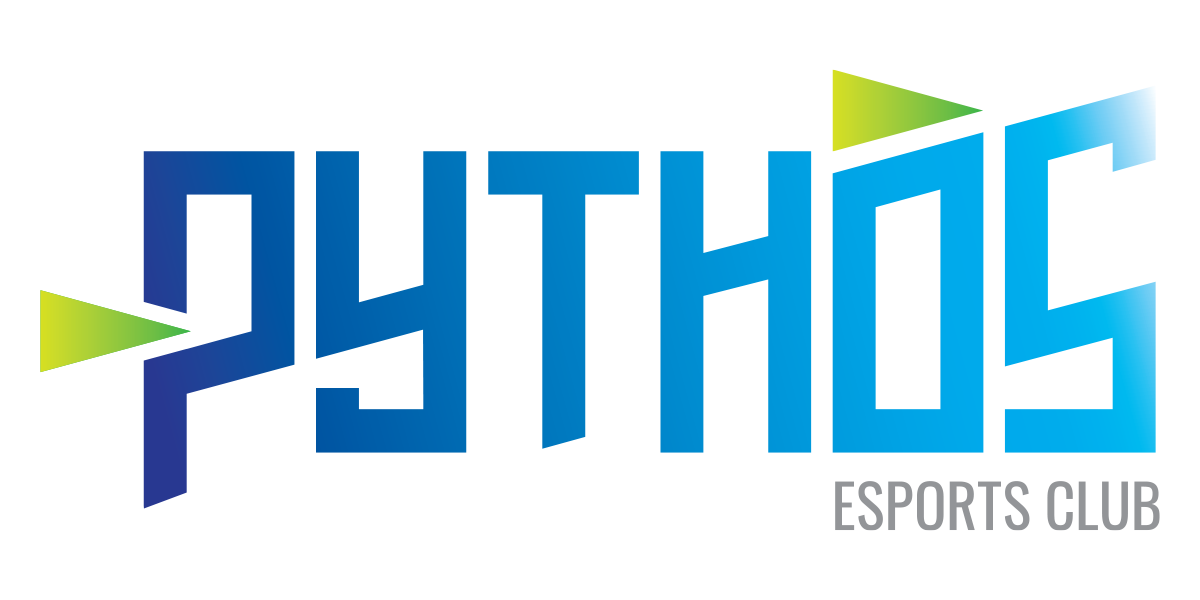11 Apr This is how Activision is tackling cheating in competitive Call of Duty
TL;DR
The issue of cheating in COD started getting more attention in 2020, following a post by Ninja on X.
Activision claims its new anti-cheat efforts for Season 3 have banned 23% of cheaters before they enter a match.
There has been a mixed response from the fanbase to the new methods with some lamenting the false bans that have resulted.
Other games, such as Rainbow Six Siege, have utilized different methods, including a reputation system to reward upstanding R6 players while presenting punishments for bad behavior.
While progress is being made, the arms race between cheat developers and anti-cheat methods will likely continue.
Activision has been dealing with cheaters in Call of Duty for decades, but it’s gotten worse as more players gain access to advanced exploitation methods. Some cheaters find ways to shoot through walls, while others exploit precise aimbots that offer perfect aim.
Whether you’re a casual or competitive player, Call of Duty cheating can affect you. Activision and Team Ricochet have been taking new steps to tackle Call of Duty’s cheating problem by issuing bans and implementing ways to detect unfair advantages. Here’s what you should know about cheating in Call of Duty’s competitive scene.
How does cheating affect Call of Duty?
Two Soldiers Fighting in Call of Duty / Image credit: Activision/Team Ricochet
As technology grows, so do new ways to exploit the gameplay systems in Warzone and Call of Duty multiplayer. Famous streamers, as well as everyday fans, often record clips of opponents cheating in their matches, so there has been more public outrage on the topic.
This phenomenon dates back to April of 2020 when Ninja took to X to call out a hacker he encountered in a Warzone match. Accounts by popular online influencers like Ninja help spread public awareness in the COD community, and posts like this have only increased in recent years.
Ninja’s call to action, along with many others, has been essential in getting Activision’s attention. In the last six months, over 228,000 accounts have seen bans due to cheating, with more to come as Team Ricochet implements advanced detection systems into Call of Duty Black Ops 6 and Warzone.
Cheat developers are exiting the marketplace
Team Ricochet isn’t only targeting cheaters in-game, but also the cheat developers. Activision reported that they’ve forced over 20 cheat developers off the market since the launch of Call of Duty: Black Ops 6 in October 2024.
They also conveyed that the recently released Season 3 will be bringing improvements to Call of Duty’s security systems and detection for common cheats, like aimbot. By expanding their anti-cheat efforts, Activision reported that they’ve managed to ban 23% of cheaters before they even enter a match.
Tackling cheaters in ranked is essential for Call of Duty to stay popular as a competitive multiplayer title, so luckily, Activision is stepping up to face the problem head-on. Proper detection systems will be imperative in identifying actual cheaters, though false bans can be a problem, too.
How are fans reacting to Team Ricochet?
Informational Image about Call of Duty Cheating / Image credit: Activision/Team Ricochet
The community response to Team Ricochet and its efforts has been mixed, but in 2025, the relationship has developed positively. There are still many fans who feel that Activision could be doing more to combat cheating Call of Duty players, but any new efforts or improvements are typically received well. However, the public comments on Activision’s social media posts regarding anti-cheat programs can be volatile at times.
The biggest complaint COD players have against the recent anti-cheat efforts lies in false bans. For example, Team Ricochet accidentally banned a handful of Modern Warfare 3 and Warzone accounts in October 2024. Players can be banned for aimbot, triggerbot, or cheats that allow you to see through walls, among many other exploitative hacks.
Overall, anti-cheat efforts in Call of Duty have grown significantly since 2020, and Team Ricochet is constantly finding new ways to detect and immediately ban offending cheaters. However, it’s still an ongoing problem that affects thousands of players every day.
Hardware bans may be necessary
Another problem highlighted by Call of Duty fans is the lack of actual punishment offered through account bans. Banned players can simply make another account, highlighted by COD fans, like Anthony on X.
Start doing hardware bans. The losers just rebuy game pass accoutns
— Anthony (@_celtics18) March 28, 2025
Many players believe that hardware bans for the cheater’s device need to be issued so that they won’t be able to create a new account. Despite public concern, Activision already confirmed in April 2021 that they do issue hardware bans, though this measure is usually only taken against repeat offenders.
It’s unclear exactly how many hardware bans have been issued for Call of Duty Black Ops 6 cheating or Modern Warfare 3, but it doesn’t appear to be Team Ricochet’s primary punishment for cheaters. Banning an entire device is tricky because it creates a worse situation for victims of false bans, so developers usually only use it as a last resort or for repeat offenders.
How do other esports games handle cheating?
Siege X Logo / Image credit: Ubisoft
Call of Duty is doing a lot to combat cheating compared to other first-person shooters, but some games, like Rainbow Six Siege, have gone in different directions with their anti-cheat efforts. In general, all FPS games have issues with cheating, though the way they handle each situation often differs.
In the last year, Ubisoft has introduced new ways to detect cheaters and punish players who participate in non-exploitative, unsavory behavior, like team killing. A reputation system was implemented to reward upstanding R6 players while presenting punishments for bad behavior, including a ban from certain playlists.
The biggest step Ubisoft has recently taken is match cancellation, which cancels a match once a cheater is detected. This effort also utilizes advanced detection systems. By canceling a match, rule-following players won’t be punished or lose their rank.
Rainbow Six Siege now also bans botters permanently following their first offense, a major step up from past action. Though Call of Duty and Rainbow Six Siege offer different ways to tackle cheating, they both take strong action against accounts that have committed an offense.
How does tackling cheating affect esports?
Three Call of Duty characters / Image credit: Activision/Team Ricochet
Taking steps to combat cheating in Call of Duty has multiple effects on the esports scene. First off, fans may lose interest in Call of Duty entirely if they regularly face cheaters in their ranked matches, plus it inspires the idea that cheaters may be present in esports as well.
Additionally, implementing more accurate detection systems can help Activision determine if competitive players may be using cheats or exploiting glitches. Much of the casual fan base is interested in the esports scene as well, so keeping it fair is essential if Activision seeks to grow its presence in the competitive gaming industry.
Online tournaments require extra protection
For online tournaments, Team Ricochet is essential in detecting cheaters before they can ruin matches. Cheating may even be found in a match after it’s finished, which can cause the competitor to be disqualified. Review processes are necessary to determine whether an athlete actually used an exploit, but cheats like aimbot are on Activision’s radar for online competitions.
Other competitive FPS games, such as Rainbow Six Siege and Apex Legends, can learn from Team Ricochet’s anti-cheat efforts and could potentially collaborate with Activision to share their methodology. Though cheating won’t disappear in competitive gaming overnight, it could be largely stamped out in esports with advanced detection technology and zero-tolerance policies.
Conclusion: The end of Call of Duty cheating is still far in the future
Soldiers gliding in Call of Duty / Image credit: Activision/Team Ricochet
Though companies like Activision and Ubisoft are making significant strides to disrupt cheaters, new cheat developers continue to present fresh problems for first-person shooters. Team Ricochet will likely need to target the exploit developers before cheating can completely disappear in Call of Duty.
In the meantime, Activision will continue to punish players who cheat by implementing new detection methods. Call of Duty has remained one of the most popular esports for a decade, so keeping the competitive side fair is essential to its popularity.
FAQs
Yes, Call of Duty games have a problem with cheating in 2025. According to Activision, they’ve banned over 228,000 players in the last six months alone. Team Ricochet is constantly finding new ways to combat players with unfair advantages.
There are many ways that players may cheat in Warzone or Call of Duty: Black Ops 6. Wall hacks and aimbot are the two main avenues that cheaters use in COD, though in-game bugs can also be exploited to gain an unfair advantage in multiplayer and Warzone.
Though the exact percentage of players who cheat in Call of Duty remains largely unknown, we know that Team Ricochet has issued bans for over 228,000 accounts since the release of Black Ops 6 in October 2024. Additionally, the same report explained that the majority of Call of Duty cheaters are found on PC, not console.
References
https://www.callofduty.com/blog/2021/04/warzone-anti-cheat-progress-report (Call of Duty)
https://www.callofduty.com/blog/2025/03/call-of-duty-ricochet-black-ops-6-warzone-season-three-anti-cheat-update (Call of Duty)
https://www.ubisoft.com/en-us/game/rainbow-six/siege/game-info/discover (Ubisoft)
The post This is how Activision is tackling cheating in competitive Call of Duty appeared first on Esports Insider.
Features, Call of Duty


No Comments